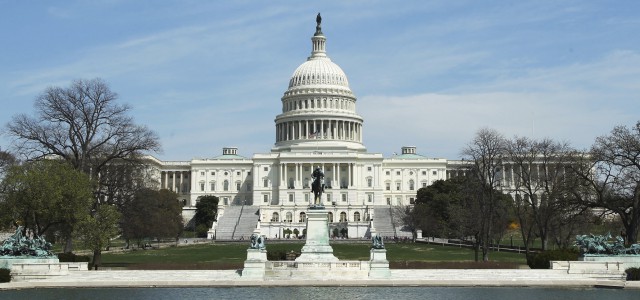
Midterm Elections Could Set Stage for U.S. Trade Agenda
With less than two weeks until the midterm elections, all eyes are cautiously watching to see who wins the battle for the Senate as the results may have a huge impact on two regional trade deals currently underway.
At this time, U.S. negotiations with Japan and 10 other countries in the Pacific Rim—known as the Trans-Pacific Partnership (TPP) agreement—are approaching a pivotal point and, although discussions are not near finalization, U.S. negotiations with 28 member states of the European Union (EU) are also proceeding expeditiously. A Republican-controlled Senate may prove to be exactly what both of these deals need in order to get over the finish line.
In January, President Barack Obama made a push for Trade Promotion Authority (TPA), formerly called “fast track” authority, to negotiate trade agreements, but it has been stalled all year in the Democrat-controlled Senate. The President has an aggressive trade plan that he is hoping to complete before he leaves office in Jan. 2017, and many agree that his trade agenda may actually advance if Republicans gain control of the Senate following the midterm elections.
Looking forward to the lame duck session, it is unlikely that Congress will take any action on trade, but it is possible that if Republicans take over the Senate that they would be in favor of granting the President TPA in the early part of 2015. This would provide a great opportunity for Republicans to show their leadership on pushing trade as a priority in advance of the 2016 elections.
In the coming months a key deciding factor will be how the Obama Administration handles its relationship with Congress on trade, as some Republicans have already expressed opposition to the White House’s push to conclude the TPP negotiations by November. They argue that the administration should hold off finalizing trade deals until the trade promotion authority is granted, without which they will not be able to secure the best possible deal.
However, U.S. trade officials continue moving forward. This week Chief TPP negotiators are gathered in Canberra, followed by a TPP Trade Ministers meeting in Sydney on Oct. 25. Concluding the talks by November may be difficult, as the U.S. and Japan continue to be at odds over agricultural and auto products. As well as other issues still remain between the negotiators such as intellectual property and the labor and environmental chapters.


COMMENTS